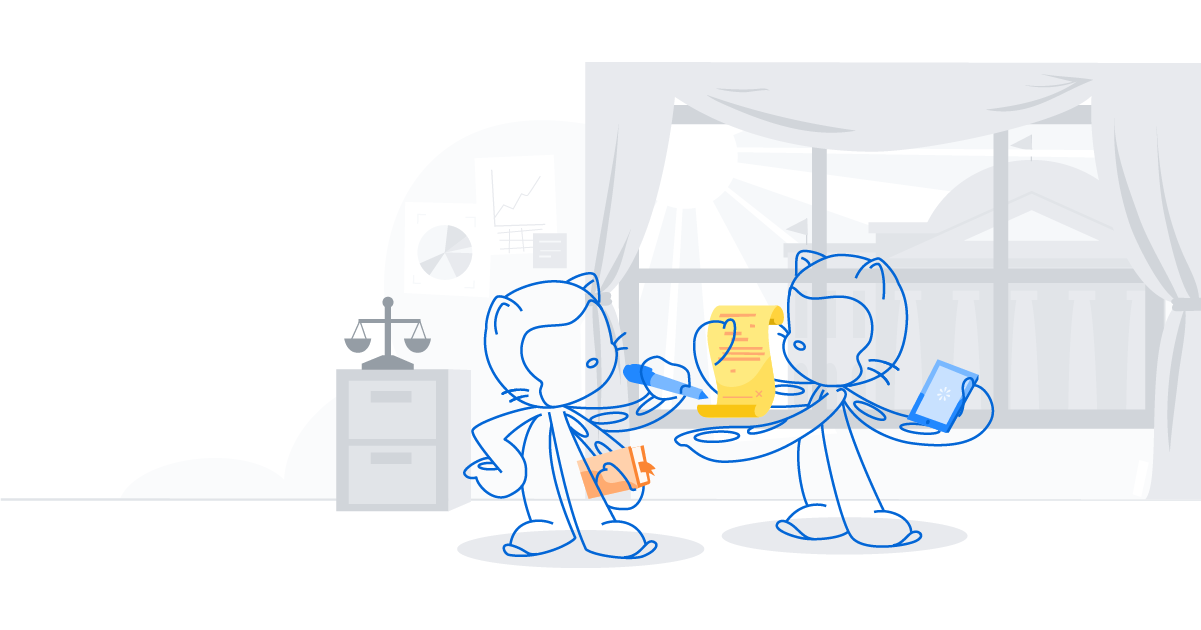Supreme Court sides with developers in Google v. Oracle
Yesterday’s Supreme Court decision in Google v. Oracle reaffirms that developers’ ability to port their code and skills between platforms is a significant interest to be protected. The headline is…

Yesterday’s Supreme Court decision in Google v. Oracle reaffirms that developers’ ability to port their code and skills between platforms is a significant interest to be protected. The headline is that Google’s use of Oracle’s Java API was “fair use,” but the Court’s recognition of the importance of developer interests in copyright law is a huge victory for developers.
Developers invest time and effort learning how to write code for the platform APIs they use, and once a program is written for a given platform it takes time and energy to port it to another. A large concern we and others voiced as this case went before the Court was that a victory for Oracle would give API owners lock-in power over developers once they chose their stack.
In holding that Google’s reimplementation of Java’s API for a different platform was fair use, the Court gave significant air time to these developer concerns. First, part of the fair use analysis determines how close to the “core” of copyright the protected work is—essentially how important copyright is to the work’s purpose. The Court found APIs “further” from the core of copyright than other code in part because of developer interests:
Unlike many other programs, [an API’s] value in significant part derives from the value that those who do not hold copyrights, namely, computer programmers, invest of their own time and effort to learn the API’s system. And unlike many other programs, its value lies in its efforts to encourage programmers to learn and to use that system so that they will use (and continue to use) Sun-related implementing programs that Google did not copy.
Second, considering the impact on the overall market as part of fair use, the Court held that allowing the owner of an API to stop reimplementations would harm the public interest in light of developers’ investments, creativity enabled by APIs, and the overall goal of copyright:
Finally, given programmers’ investment in learning the Sun Java API, to allow enforcement of Oracle’s copyright here would risk harm to the public. Given the costs and difficulties of producing alternative APIs with similar appeal to programmers, allowing enforcement here would make of the Sun Java API’s declaring code a lock limiting the future creativity of new programs. Oracle alone would hold the key. The result could well prove highly profitable to Oracle (or other firms holding a copyright in computer interfaces). But those profits could well flow from creative improvements, new applications, and new uses developed by users who have learned to work with that interface. To that extent, the lock would interfere with, not further, copyright’s basic creativity objectives.
This strong recognition of developer interest by the highest Court should pay dividends for developers’ freedom to innovate for years to come.
Follow GitHub Policy on Twitter for updates about the laws and regulations that impact developers
Written by
Related posts

GitHub availability report: January 2026
In January, we experienced two incidents that resulted in degraded performance across GitHub services.

Pick your agent: Use Claude and Codex on Agent HQ
Claude by Anthropic and OpenAI Codex are now available in public preview on GitHub and VS Code with a Copilot Pro+ or Copilot Enterprise subscription. Here’s what you need to know and how to get started today.

What the fastest-growing tools reveal about how software is being built
What languages are growing fastest, and why? What about the projects that people are interested in the most? Where are new developers cutting their teeth? Let’s take a look at Octoverse data to find out.